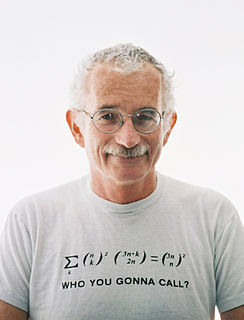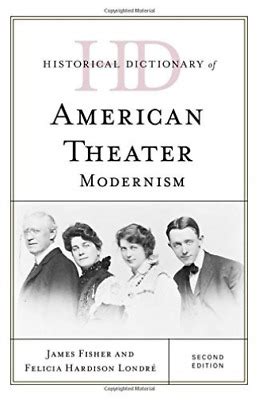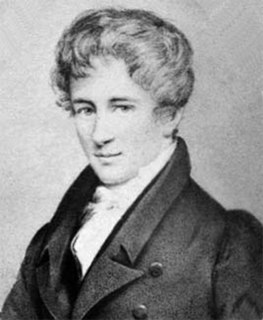A Quote by Doron Zeilberger
The 'lowly' finite is MUCH more beautiful than any 'infinite'
Related Quotes
The difficulties in the study of the infinite arise because we attempt, with our finite minds, to discuss the infinite, assigning to it those properties which we give to the finite and limited; but this... is wrong, for we cannot speak of infinite quantities as being the one greater or less than or equal to another.
You can keep counting forever. The answer is infinity. But, quite frankly, I don't think I ever liked it. I always found something repulsive about it. I prefer finite mathematics much more than infinite mathematics. I think that it is much more natural, much more appealing and the theory is much more beautiful. It is very concrete. It is something that you can touch and something you can feel and something to relate to. Infinity mathematics, to me, is something that is meaningless, because it is abstract nonsense.
The Infinite alone exists and is Real; the finite is passing and false. The Original Whim in the Beyond caused the apparent descent of the Infinite into the realm of the seeming finite. This is the Divine Mystery and Divine Game in which Infinite Consciousness for ever plays on all levels of finite consciousness.
Beauty is, in some way, boring. Even if its concept changes through the ages... a beautiful object must always follow certain rules. A beautiful nose shouldn't be longer than that or shorter than that, on the contrary, an ugly nose can be as long as the one of Pinocchio, or as big as the trunk of an elephant, or like the beak of an eagle, and so ugliness is unpredictable, and offers an infinite range of possibility. Beauty is finite, ugliness is infinite like God.
I dare not think that any supercelestial heaven, or whatsoever else ... was increate and eternal. And as for the place of God before the world created, the finite wisdom of mortal men hath no perception of it; neither can it limit the seat of infinite power, no more than infinite power itself can be limited; for his place is in himself, whom no magnitude else can contain.
What I assert and believe to have demonstrated in this and earlier works is that following the finite there is a transfinite (which one could also call the supra-finite), that is an unbounded ascending lader of definite modes, which by their nature are not finite but infinite, but which just like the finite can be determined by well-defined and distinguishable numbers.
Language and, presumably, literature are more ancient and inevitable, more durable than any form of social organization. The revulsion, irony, or indifference often expressed by literature toward the state is essentially the reaction of the permanent-better yet, the infinite-against the temporary, against the finite.
There's always going to be one more thing. Because that's what infinite feels like. And the difference between love and everything else is that it's infinite, it's built out of something infinite, or it feels like it is, anyway, which is the same thing to us. You think a million billion more things will come your way, a million billion more versions of everything. But no, everything that actually causes that infinite feeling, the circumstances of every infinite feeling, is so, so finite.
It is known that there are an infinite number of worlds, simply because there is an infinite amount of space for them to be in. However, not every one of them is inhabited. Therefore, there must be a finite number of inhabited worlds. Any finite number divided by infinity is as near to nothing as makes no odds, so the average population of all the planets in the Universe can be said to be zero. From this it follows that the population of the whole Universe is also zero, and that any people you may meet from time to time are merely the products of a deranged imagination.
Until now the theory of infinite series in general has been very badly grounded. One applies all the operations to infinite series as if they were finite; but is that permissible? I think not. Where is it demonstrated that one obtains the differential of an infinite series by taking the differential of each term? Nothing is easier than to give instances where this is not so.





































